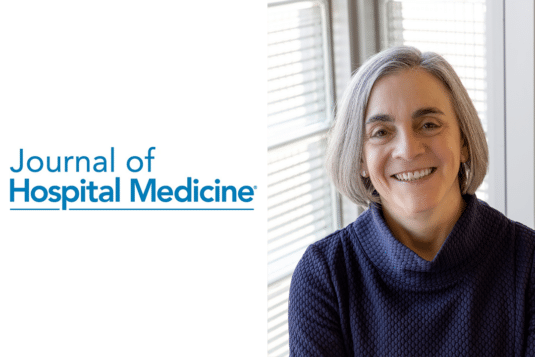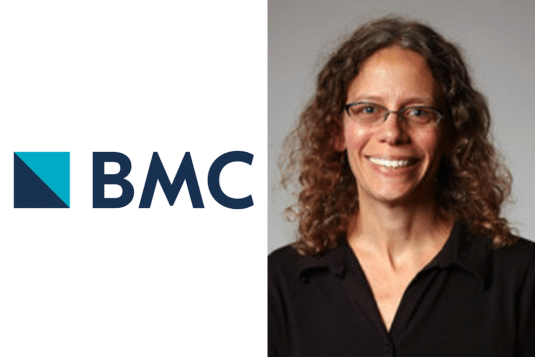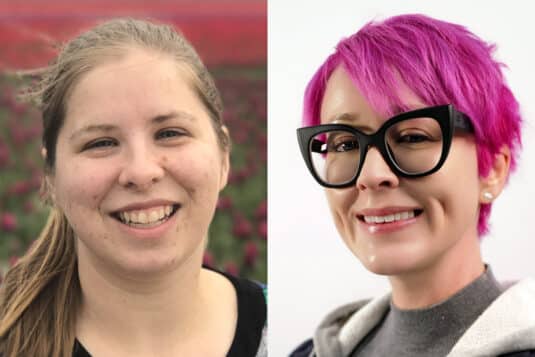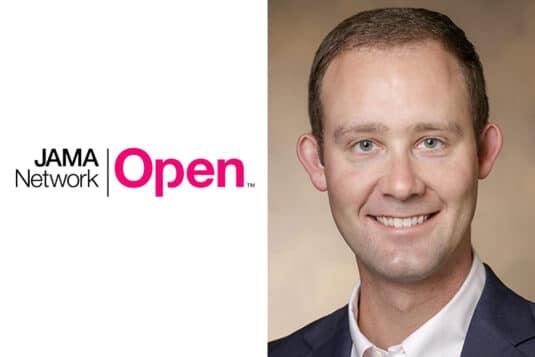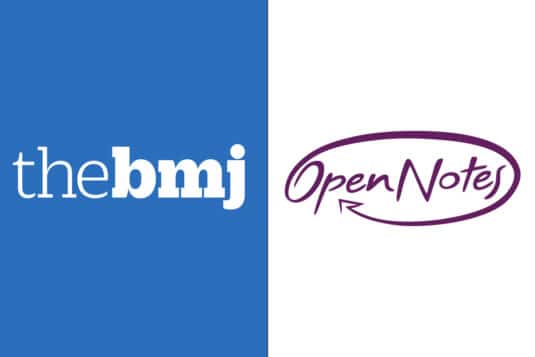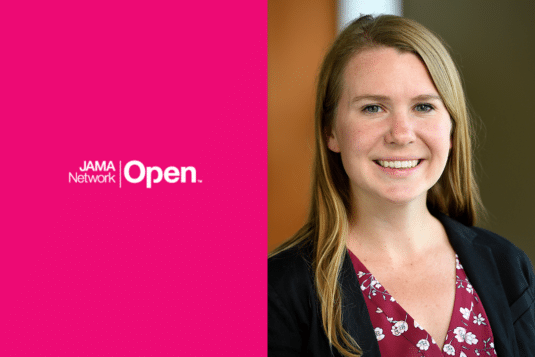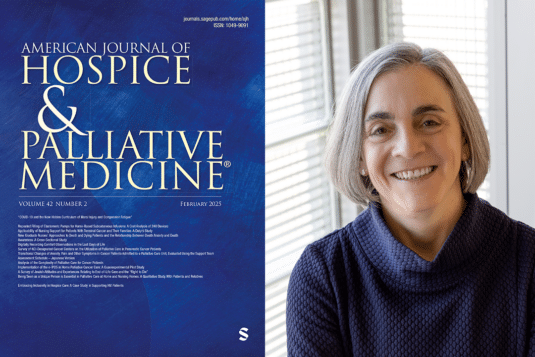This single-center, cross-sectional observational study highlights low patient portal utilization among hospitalized patients and disparities in access based on race/ethnicity, gender, age, and insurance status.
DesRoches, Catherine
Users’ perspectives on a demonstration to increase shared access to older adults’ patient portals
As shared access uptake remains low, the Coalition for Care Partners, and three healthcare delivery organizations, co-designed an initiative promoting shared access to the patient portals of older adults.
A Proof-of-Concept Study for Patient Use of Open Notes with Large Language Models
Can AI chatbots help patients make sense of their medical notes? This first-of-its-kind study published in JAMIA Open finds that with the right prompt, large language models may become powerful partners in understanding complex health information.
Repeated Access to Patient Portal While Awaiting Test Results and Patient-Initiated Messaging
A new study found that patients often refresh the portal while awaiting test results—especially for routine tests. This behavior is linked to increased messaging, suggesting that individual worry may drive communication more than the test itself.
Robert F Kennedy Jr’s proposal to remove public commentary from US health policy is a threat to science and public health
In a recent BMJ opinion, OpenNotes leaders warn that a proposal by U.S. health secretary Robert F. Kennedy Jr. to eliminate public comment in federal health policymaking threatens transparency, public trust, and democratic values.
Identifying, Engaging, and Supporting Care Partners in Clinical Settings: Protocol for a Patient Portal–Based Intervention
This study aimed to implement a novel patient portal–based intervention to identify, engage, and support care partners in clinical settings. Early results suggest that the intervention could be an easily scalable and adaptable method of identifying and supporting care partners in clinical settings.
A Multisite Demonstration of Shared Access to Older Adults’ Patient Portals
In this quality improvement study of 16,005 patients from 3 diverse US sites, new shared access registration was unchanged; however, use of shared access functionality among registered care partners increased. Care partners logged in more frequently, viewed more laboratory results and clinical notes, and scheduled more visits after the demonstration.
Patients and families reading their discharge summaries: A cross-sectional analysis of benefits, concerns, and implications
Rapidly spreading information transparency could transform how patients engage in care and communicate with clinicians. Patients and families report benefits from reading discharge summaries; however, over a quarter reported a concern.
Is Routine Discharge Enough? Needs and Perceptions Regarding Discharge and Readmission of Palliative Care Patients and Caregivers
This study investigated the hospital discharge process for palliative care patients and their caregivers, focusing on its patient-centeredness, discharge readiness, and links to readmissions.
Guidelines for Patient-Centered Documentation in the Era of Open Notes: A Qualitative Study
This study by Vanka, et al, presents 10 guidelines for patient-centered medical documentation, emphasizing respect, clarity, and inclusivity in clinical notes. These principles aim to empower patients, improve trust, and enhance medical education on open notes practices.
